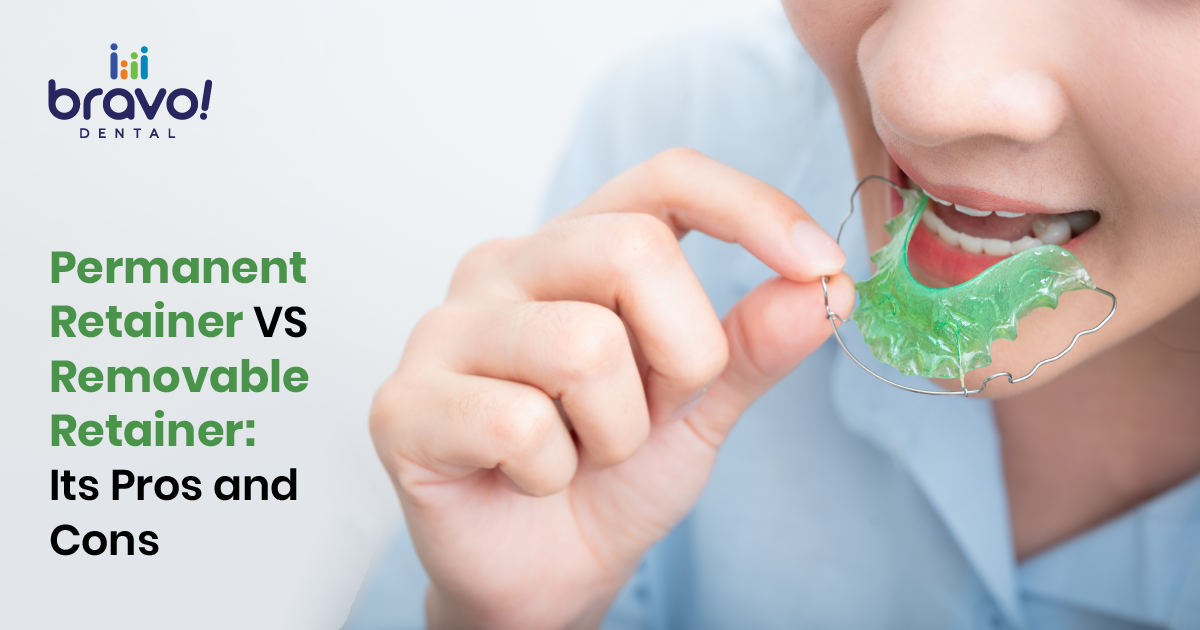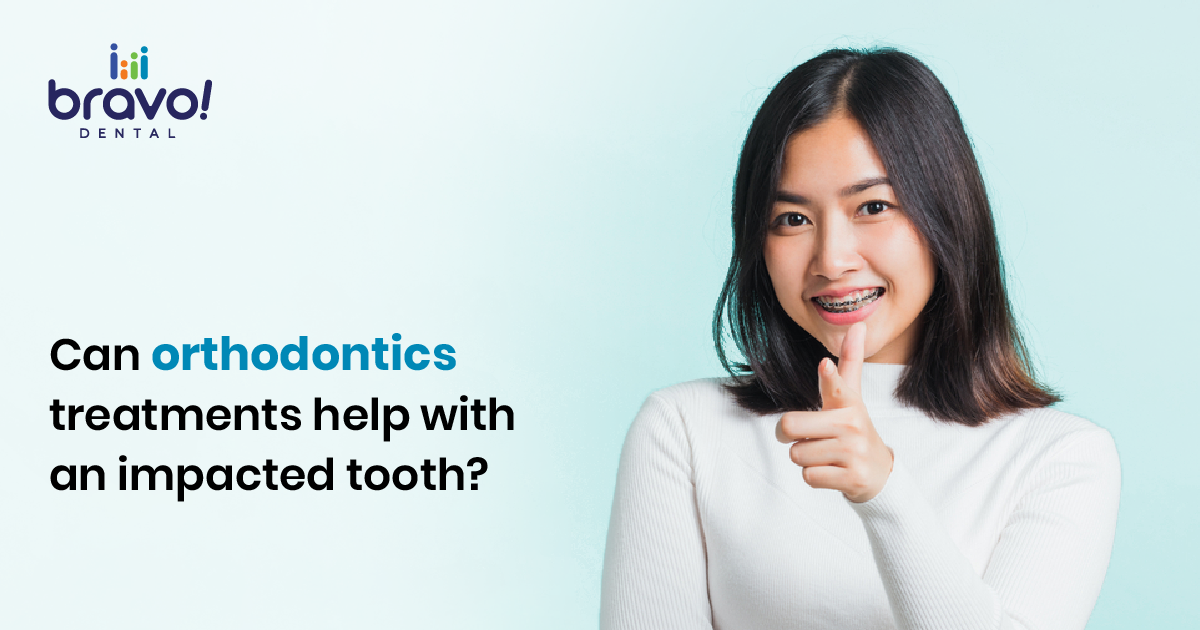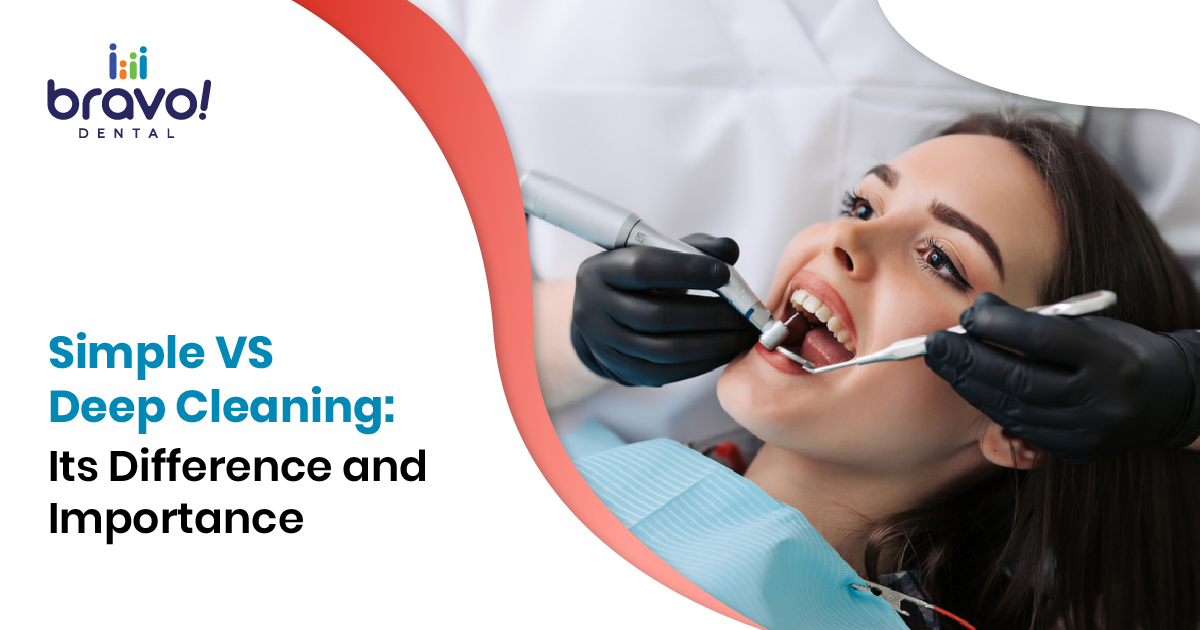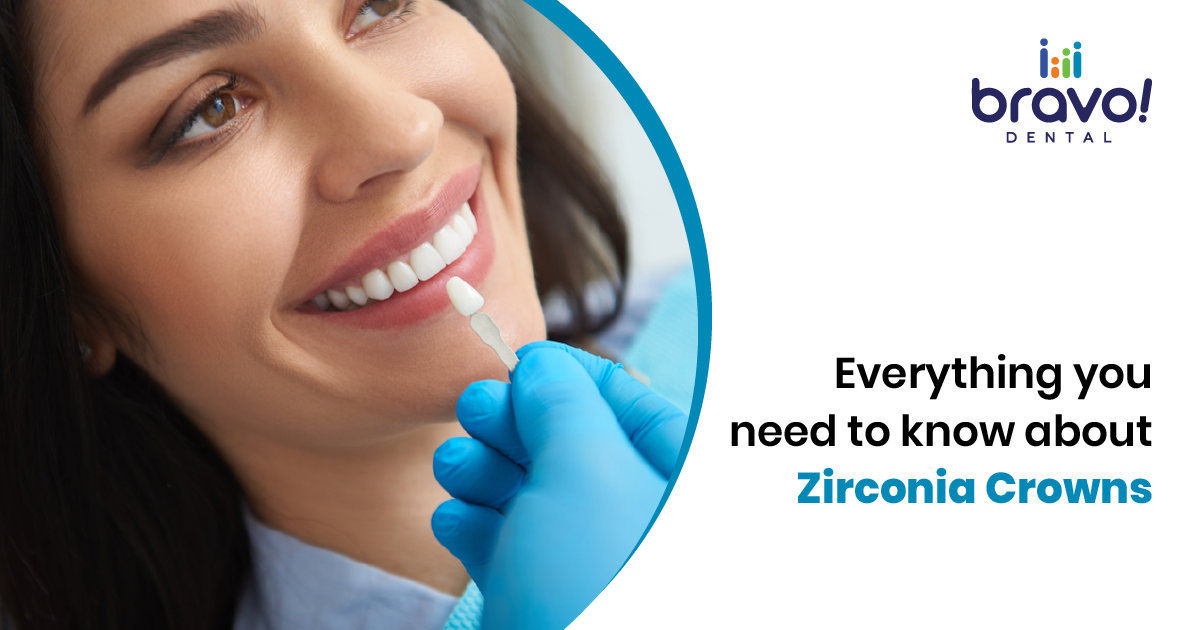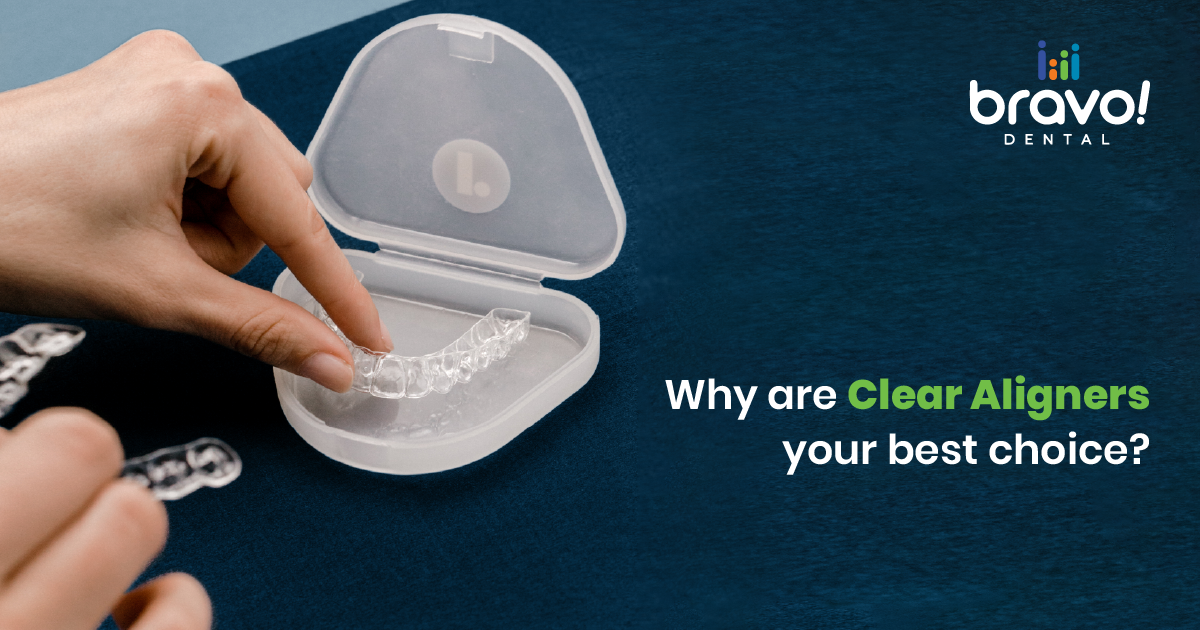Are you afraid of visiting the dentist? You are not alone. In a global survey, 6 out of 10 participants reported having dental anxiety. Almost 4% of people say they have never seen a dentist, and 16% say they only do so in an emergency. It is, in fact, a global phenomenon.
Regular dental visits are essential for keeping teeth and gums healthy. However, in general, needles, drills, and the dental environment can trigger dental anxiety. When dental anxiety is severe and causes irrational fear or avoidance of going to the dentist, it is known as Dental phobia or Odontophobia.
Dental anxiety patients may experience the following symptoms:
- Sweating
- Palpitations or a racing heart
- Low blood pressure and the possibility of fainting
- Visible distress, crying, or panic
- Withdrawal, use of humor or aggression to mask anxiety.
- Sleeping difficulties, the night before the dental exam
- Suddenly finding it difficult to breathe
Dental anxiety or phobia can have a detrimental effect on your oral health. How long can you avoid seeing a dentist? It is necessary to overcome your dental anxiety for your oral wellness.
Before you try to overcome it, identify what makes visiting a dental office terrifying for you. Some of the most common reasons are:
- Fear of pain
- A traumatic dental experience
- Fear of injections or worry that it won’t work
- Fear of side effects
- Trust issues
- Helplessness and a sense of loss of control
- Embarrassment and loss of personal space
However, the wonderful thing about phobias is that they can be overcome. Here are a few tips for coping with your dental anxiety.
Express your concerns to your dentist: Being open about your fears allows your dentist to guide you through comfortable dental care, which can help to calm your nerves.
Plan ahead of time: Schedule an appointment on a day when you won’t be too busy or in a hurry to get somewhere else. This gives the body a chance to unwind.
Watch what you eat or drink: Avoid foods high in sugar or caffeine before your appointment, as they may make you jittery and trigger your nerves. Instead, opt for something with calming properties, such as caffeine-free tea.
Don’t go by yourself: If you know someone you care about is waiting for you in the lobby, you’ll feel more at ease.
Ask questions: Don’t be afraid to ask the dentist to explain what they’re doing throughout a procedure. Explaining everything has a calming effect.
Take breaks to rest: Stop whenever you need to. Practice deep breathing. When necessary, a sensitive dental team will allow you to relax.
Try to visit your dentist regularly: Fear of what might be wrong with your teeth may prevent you from seeing the dentist. The more you visit the dentist, the sooner you overcome the fear.
Consider appropriate sedation options: The calming quality of nitrous oxide or other oral sedatives may be recommended by your doctor during more extensive procedures to calm nerves and make the process go more smoothly.
Use our dentist anxiety tips to help you get through your dental appointment. We at Bravo! Dental ensure to put your health and comfort as our priority. Talk to our experts if you are facing any dental anxiety. We are always here to help! Call us at 1-888-682-7286 and get rid of your fears!

